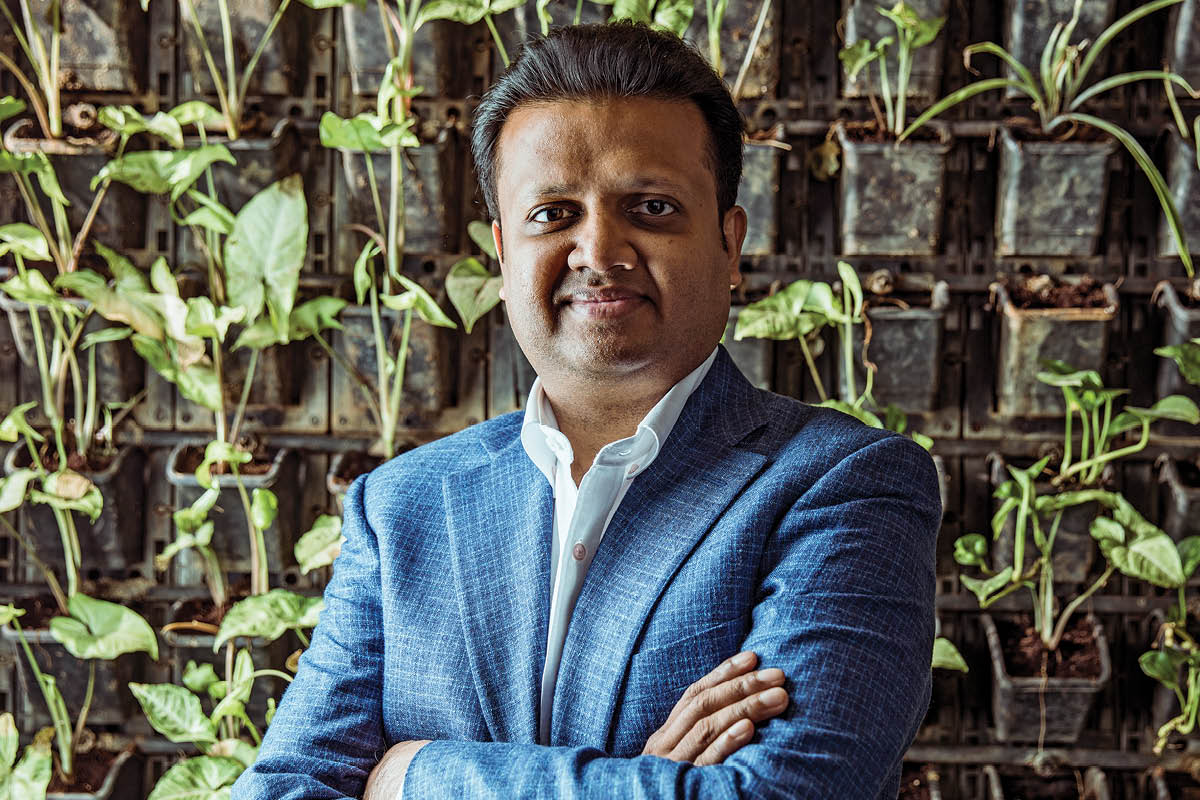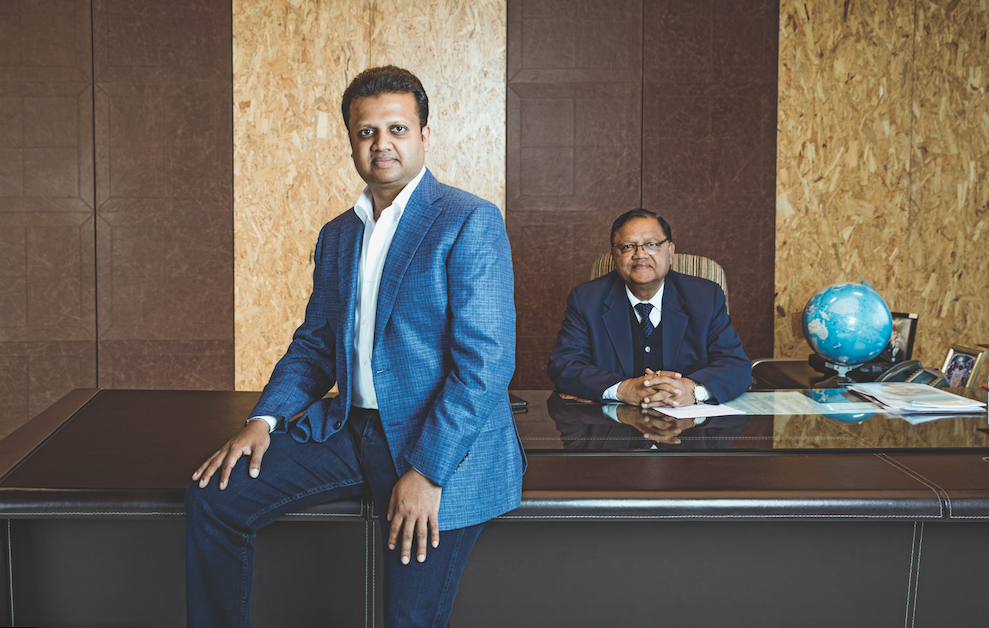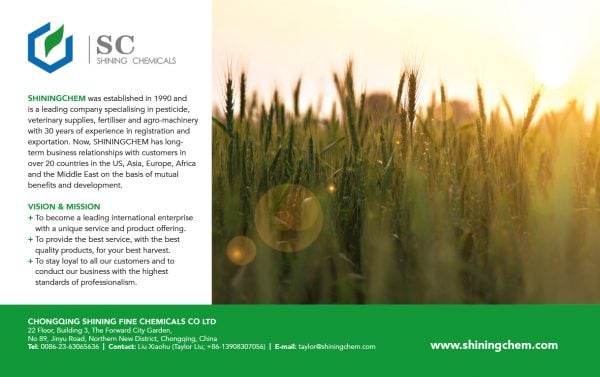Alocally admired crop solution company, Crystal Crop Protection follows a value system called FITEC: an acronym for family, integrity, transparency, entrepreneurship and customer-centricity. “We look for employees who reflect these values, not just on paper, but who live these values,” Managing Director Ankur Aggarwal says.

“When I measure performance, I look at how seriously the employee is reflecting these values. Aside from this, the numbers are available and show how we’re performing and growing.
“We have a robust in-house system where we assess not just through feedback or a gut feeling, but in a scientific way,” he adds. “We look at how each employee displays the value system. The idea is to build this value system and keep measuring this as a metric for success.”
Ankur considers himself a communicative person and wants to learn everything he can from the people around him. “Academic learning is one thing, but it’s essential to meet our customers, farmers, fellow industrialists, and others who have been successful in life,” he explains.
“I want to hear about their humility and their success. I think I have learned from the people around me and this has played a huge role for me as a person and a leader. I’ve been fortunate to have some very close friends who’ve mentored me and guided me through difficult situations. It’s important to have the right people around you. And that’s been the whole learning process for me.”
The country is becoming a competitive player in agrochemical manufacturing.
In 2006, Ankur joined the family business that his grandfather started. He saw the company become influential in the agriculture space and has a personal passion for Indian agriculture.
“I tour in the markets; I work with the farmers and spend time with them,” he says. “I do this because I’m passionate about it, and spending time with them inspires me.” One of the first projects Ankur started was introducing SAP to the company.
“We were the first company in the Indian agrochemical industry to implement SAP,” he beams. “It was a challenging exercise to move from the old, conservative ERP to fully integrated SAP in all the functions, but it helped move the business forward.”
In terms of business strategy, it was clear that human capital was vital for success. “We had a good team, but the business was expanding so we needed to hire more professionals for the team. “During this process, we had to synergise our longterm employees with our new ones,” Ankur recalls.
“We had some challenges to get them on the same page, but continuous communication, motivation and clearly defining the roles and responsibilities helped build a team with a combination of experience and new perspectives.”
Ankur is proud of the progress his team has made and believes Crystal has one of the best management teams in the industry. “Every department requires expert leaders,” he explains. “We’ve found these leaders, and we’ve seen growth from it.”
The company could phase out as many as 50 brands and products, and introduce greener products that are high in efficacy, low in toxicity and environmentally safe. “We could then introduce a range of these products, which are a valuable addition to the industry and profitable for the channel and the company,” Ankur says.

R&D is one of the company’s strengths. With a current market share just below 4%, the company is aiming for 8–9% in the next three to five years. “We have the product range for the future,” Ankur assures.
“That is a clear-cut direction for domestic business. When it comes to exports, there is a world of opportunity available in India. The country is becoming a competitive player in agrochemical manufacturing.”
The company recently acquired an API manufacturing plant for agrochemicals and is working on another greenfield project in Dahej, Gujarat. “One of the core focus areas of our R&D department was process manufacturing,” Ankur explains.
“We can produce various products at strong cost positions that will result in a competitive advantage in the global market. We are starting the process of registering various products in the international market, which we expect to double our turnover in the next five years.”
Ankur believes there is a great opportunity when it comes to the digital space. “We were always active on the technology side,” he says.
“We use best-in-class mobility solutions, where everything is automated from our sales order processing and order generation to dispatchers and the credit limits of our customers. The entire interface is technology-driven. Over the next 12–18 months, we will take further steps in digitising other elements of the organisation and implementing front-end technologies that can be used by the farmers and the retailers. This technology will change buying patterns, in that farmers and retailers will be looking at our products on the web, and progressive farmers will be googling a disease or a pest and finding our solutions online.”
The company is growing at a faster pace than its industry peers. During this phase of growth, Ankur will focus on keeping his teams intact and spending a lot of time on the culture. “We have the best hardware, products and resources,” he beams.
“On top of that, all you need is a motivated and inspired team. I will be investing continuously in culture and human resources. I’ll meet the team, inspire them, try to understand their problems and resolve them.”
Proudly supported by:



